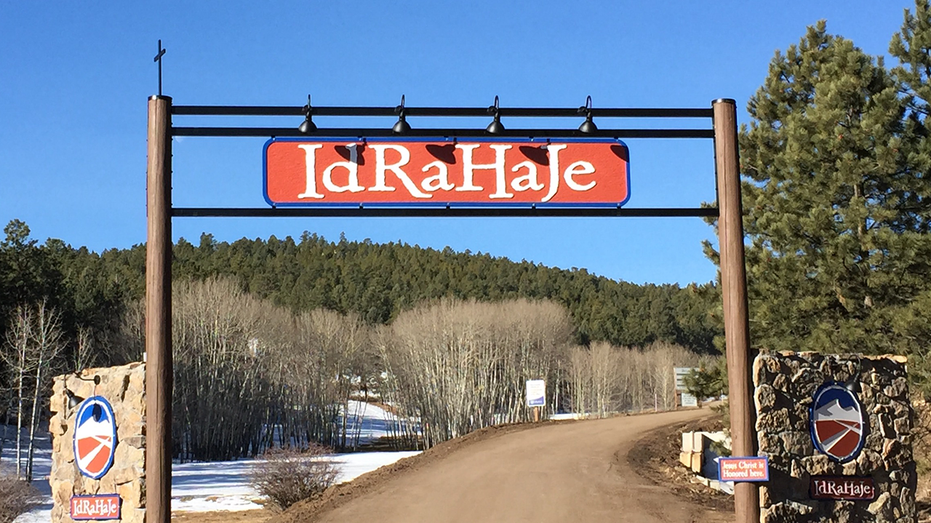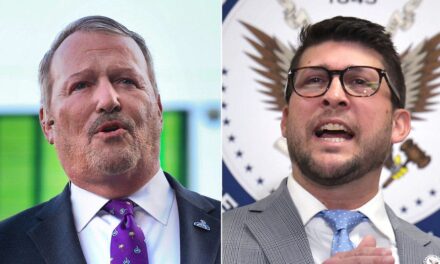A Christian summer camp located in Colorado has initiated a lawsuit against the state, contesting a newly enacted regulation that addresses the rights of transgender individuals within places of public accommodation. This legal action has provoked significant discussions surrounding religious freedoms, the rights of transgender individuals, and how these elements interact in societal spaces, particularly within settings meant for children and youth.
The camp, which provides a variety of summer programs infused with Christian teachings and values, argues that the regulation in question infringes upon its First Amendment rights. The camp claims that being forced to comply with policies that allow individuals to use facilities based on their gender identity rather than their biological sex poses a risk to its religious convictions and operational practices.
Specifically, Colorado’s regulation mandates that public accommodations, including summer camps, cannot discriminate against individuals based on their gender identity. This means that transgender individuals must be granted access to facilities that correspond to their asserted identity, which the camp interprets as conflicting with its foundational beliefs. The camp contends that this not only diminishes its religious expression but also subjects it to potential legal repercussions if it does not comply with the state law.
The state of Colorado, on the other hand, asserts that the regulation is designed to protect the rights and dignity of all individuals, including transgender persons, ensuring they are treated fairly in public spaces. Supporters of the regulation argue that it is part of a broader movement to promote equality and inclusivity, making it clear that everyone deserves access to facilities that align with their identity.
The tensions surrounding this lawsuit highlight a longstanding national debate over the intersection of religious freedoms and LGBTQ+ rights. Proponents of the camp’s lawsuit argue that religious organizations should have the freedom to operate according to their beliefs without interference from governmental regulations. They assert that this freedom is a cornerstone of American values and that allowing camps to establish their policies is essential for preserving diversity in thought and expression.
Conversely, critics of the lawsuit contend that it reflects a misinterpretation of the need for inclusivity in shared public spaces. They argue that while religious freedoms are important, they should not exempt organizations from adhering to laws that protect marginalized groups from discrimination. Supporters of the regulation argue that the campers, regardless of their gender identity, deserve the same experiences and protections. They maintain that the safety and well-being of all children must take precedence over an organization’s religious doctrines.
In response to the camp’s legal claims, many LGBTQ+ rights advocates have rallied in support of the state’s position, emphasizing that access to appropriate facilities is crucial for the mental and emotional well-being of transgender youth. They warn that exposure to discrimination and exclusion can have severe psychological consequences, particularly for young people navigating their identities during formative years. These advocates stress the importance of fostering environments where all children, including those from the transgender community, can feel safe, accepted, and free from judgment.
The ongoing case is expected to delve deep into complex issues such as the interpretation of religious freedom, individual rights, and the responsibilities of public accommodations. Legal experts anticipate a thorough examination of how the First Amendment is applied in contemporary contexts involving LGBTQ+ rights. The outcome could set a significant precedent that influences similar legal battles across the United States.
Previous court rulings related to similar issues have demonstrated a reluctance to compromise on the protections afforded to LGBTQ+ individuals. Multiple instances throughout the country have highlighted the judiciary’s tendency to favor anti-discrimination laws over religious exemptions when the two come into conflict. Based on these trends, some legal analysts suggest that the camp may face challenges in successfully arguing its case against Colorado’s law.
Moreover, this lawsuit isn’t happening in a vacuum; the broader national landscape regarding LGBTQ+ rights has impacted this scenario. The recent surge in legislation affecting transgender rights has sparked outrage among advocates and ignited protests in various states. Legislative actions limiting rights or altering protections for transgender individuals have faced heightened scrutiny, prompting activists to rally for equality and acceptance.
As this lawsuit unfolds, it will continue to attract attention not only from those immediately concerned but also from the public and organizations invested in the broader implications of the ruling. An outcome favorable to the camp could embolden other religious institutions to initiate similar lawsuits, potentially shaping the legal landscape governing the intersection of faith and individual rights. On the other hand, a ruling against the camp could reinforce the protective measures in place for LGBTQ+ individuals, signaling a commitment to ensuring that public accommodations remain accessible to all, irrespective of their gender identity.
Ultimately, this case serves as a microcosm of the larger societal struggle regarding diversity, acceptance, and the balance between religious liberties and civil rights. As the nation grapples with these issues, all eyes will be on Colorado and the courtroom as the arguments unfold, and the societal, cultural, and legal ramifications of the decisions made there begin to resonate far beyond the camp’s immediate concerns.
In conclusion, the lawsuit filed by the Christian summer camp against Colorado over the new transgender rule encapsulates the ongoing clash between religious beliefs and LGBTQ+ rights within the American public sphere. Regardless of the outcome, this case not only affects the camp and its operations but also presents a crucial juncture in the national conversation about identity, equality, and the rights of individuals to express themselves fully, supported by the law.
As this legal battle develops, stakeholders on all sides will be closely monitoring the proceedings, ready to respond to the ramifications of the court’s eventual decision. The larger implications for public accommodations, religious organizations, and children seeking a safe environment for growth and enjoyment hinge on this pivotal case moving forward.
































